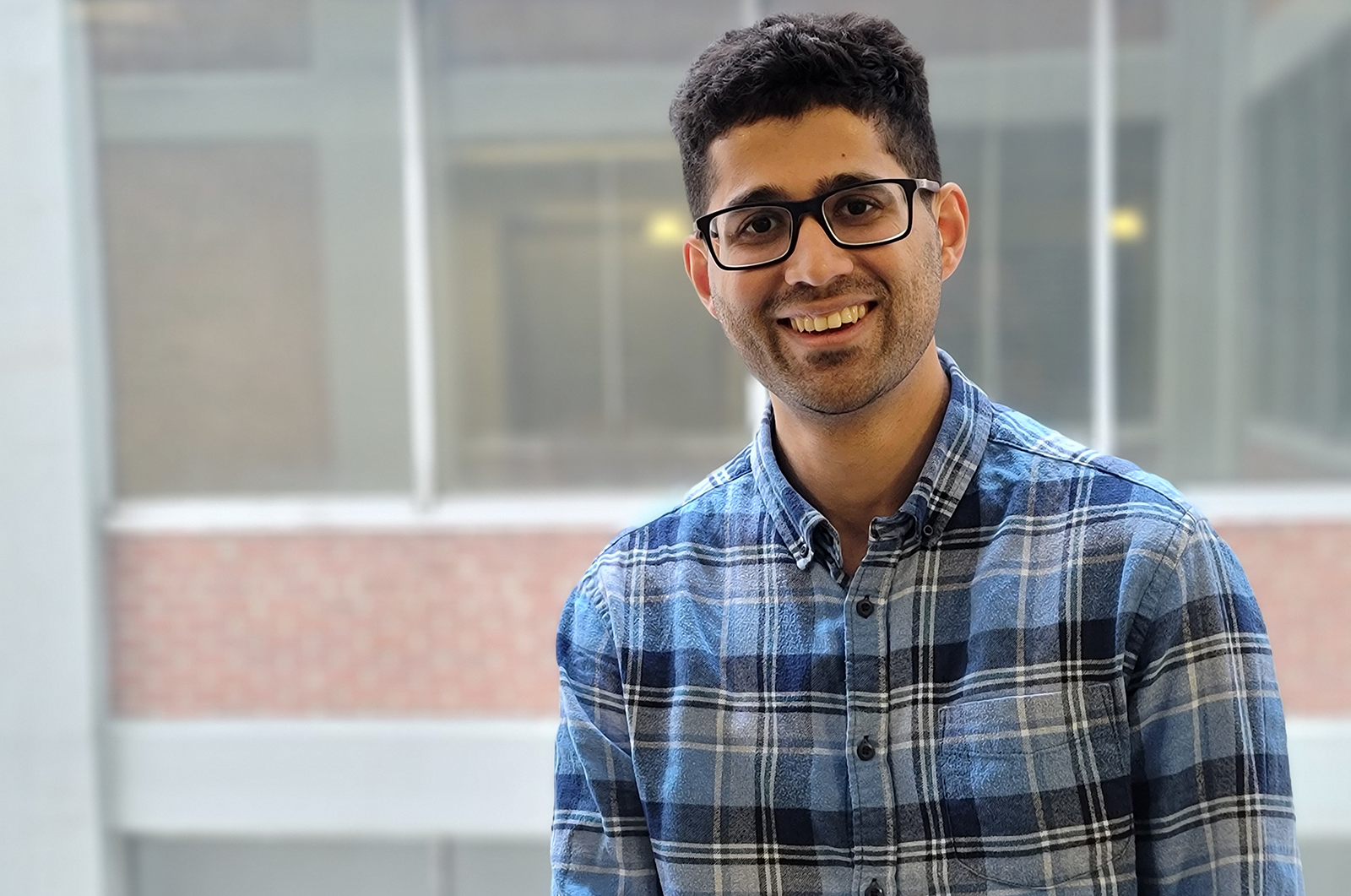
- This event has passed.
SES & Stats Dissertation Defense
June 6, 2025 @ 10:00 am - 12:00 pm
Hammaad Adam (IDSS)
E18-304
Event Navigation

Data-Driven Methods for Health Equity
ABSTRACT
Significant research has established that data-driven methods can exacerbate existing inequity in healthcare. However, relatively little work has studied the potential of these methods to actively mitigate health disparities. In this thesis, I present a series of case studies that investigate how data-driven methods can be used to improve health equity. My work demonstrates this potential in two specific contexts: clinical trials and organ procurement.
Clinical trials are an integral part of the health system, as they test the efficacy and safety of new medical treatments. However, past trials have perpetuated several inequities against racial minorities and other underserved groups. In the first half of this thesis, I propose two data-driven methods that target specific disparities in current practice. I first develop CLASH for equitable early stopping. Clinical trials often need to be stopped prematurely when the treatment has an unintended harmful effect. However, current methods typically fail to stop trials when the treatment harms a minority group of participants. CLASH uses causal machine learning to detect such heterogeneous harm, preventing the potential mistreatment of minority groups. Next, I develop RASP for equitable site selection. Clinical trials increasingly use data-driven methods to select medical sites at which to recruit participants. However, current methods can exacerbate the existing under-representation of racial and ethnic minorities, as they focus only on total enrollment. RASP is a statistical framework that addresses this equity gap, recommending sites that balance high enrollment and representation.
The second half of this thesis focuses on organ procurement, a key component in the current system of organ transplantation. Organ transplantation is a life-saving treatment for patients with advanced diseases, but there is a severe shortage of organs donated for transplant in the United States. This shortage disproportionately affects racial and ethnic minorities, who comprise over 60% of patients currently in need. I investigate how the performance of organ procurement organizations (OPOs)—non-profits that coordinate the recovery of organs from deceased donors—contributes to the shortage of transplantable organs. Using a novel econometric model, I audit past OPO decisions, identify structural barriers that limit procurement, and evaluate policy changes that can improve efficiency and equity. I also describe the development of ORCHID, the first publicly-available, multi-center dataset on organ procurement. Collectively, this work can significantly increase the number of recovered organs, improving access to transplantation for thousands of patients in need.
COMMITTEE
Marzyeh Ghassemi (chair & advisor), Nikhil Agarwal (co-advisor), Dean Eckles, Lester Mackey
EVENT INFORMATION
Hybrid event. To attend virtually, please contact the IDSS Academic Office (idss_academic_office@mit.edu) for connection information.



